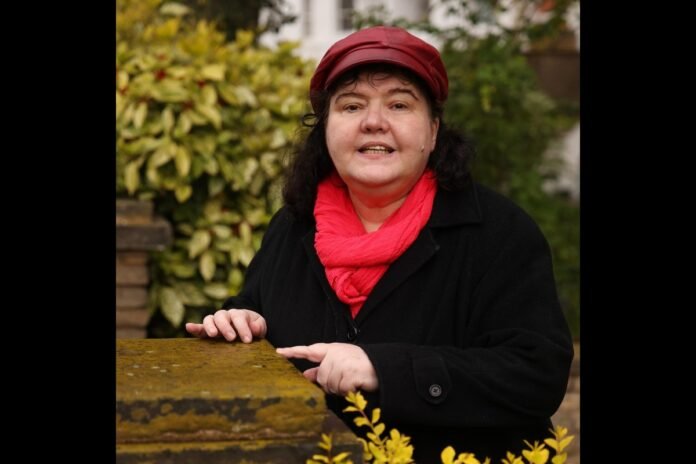Fiona Harvey, the alleged inspiration for a character in Netflix’s “Baby Reindeer,” filed a $170 million lawsuit against the streaming giant.
The 58-year-old claims that the show, created by Richard Gadd, defamed her and intentionally inflicted emotional distress, among other accusations.
Fiona Harvey’s lawsuit against Netflix is multifaceted.
She accuses Netflix of defamation, emotional distress, negligence, and violating her right to publicity. Harvey claims the show’s “true story” assertion is a lie.
She argues that Netflix and the show’s creator, Richard Gadd, propagated this lie to garner more viewers, gain attention, and increase profits, all while damaging her reputation irreparably.
In the credits of each episode, the series reiterates its claim to be based on real events, albeit with fictionalized elements for dramatic purposes.
Despite this disclaimer, Harvey insists that Netflix did not adequately verify the allegations presented in the show. The show depicts the character Martha as having been convicted of stalking, serving prison time, stalking Gadd for five years, previously stalking a policeman, physically attacking Gadd in a bar, frequently loitering outside his home, and sexually assaulting him in an alley. Harvey argues that these depictions lead viewers to believe that she, the real Martha, committed these heinous acts.
To date, neither Netflix nor Richard Gadd has commented on whether Harvey inspired the character of Martha.
The lawsuit also claims that the portrayal of Martha, by actress Jessica Gunning, did not sufficiently obscure Harvey’s identity.
Viewers quickly connected the character to Harvey due to her tweets to Gadd matching those in the show. The filing notes that both Martha and Harvey are Scottish lawyers in London, twenty years older than Gadd, accused of stalking, and share similar appearances and speech patterns.
Since the show’s release, Harvey claims she has suffered severe emotional and physical distress. She reports experiencing anxiety, nightmares, panic attacks, shame, and depression. Fearful of public reaction and media scrutiny, she has become extremely reclusive, sometimes staying indoors for days.
Harvey’s lawsuit demands a trial by jury, with Netflix and Richard Gadd, though not named as a defendant, present. She seeks compensation for actual, compensatory, and punitive damages, as well as profits, totaling $170 million. E! News has reached out to Gadd’s attorneys for comment, but has yet to receive a response.
Netflix stated their intention to defend the matter vigorously and support Richard Gadd’s right to tell his story. Following the success of “Baby Reindeer,” Gadd urged the public not to speculate about the real-life counterparts of the show’s characters. He emphasized on Instagram, “Please don’t speculate on who any of the real-life people could be. That’s not the point of our show.”
Richard Gadd has been open about his intention to stay truthful about his experiences while respecting privacy.
In an interview with Variety, he explained, “It’s all borrowed from instances that happened to me and real people that I met. But of course, you can’t do the exact truth, for both legal and artistic reasons.” Gadd acknowledged the need for certain protections, stating, “You can’t just copy somebody else’s life and name and put it onto television.” He also expressed sensitivity toward the vulnerability of some characters, aiming not to exacerbate their real-life difficulties.
At a press event, Gadd explained his effort to balance truth and storytelling in the show. He constantly checked if it felt truthful to his experience and adjusted as needed, describing the process as a tightrope from writing to editing.
As the legal battle unfolds, the outcome of Harvey’s lawsuit against Netflix will likely have significant implications for both parties and the broader entertainment industry. The case underscores the complexities of adapting real-life events into dramatized content and the potential legal ramifications that can ensue.


